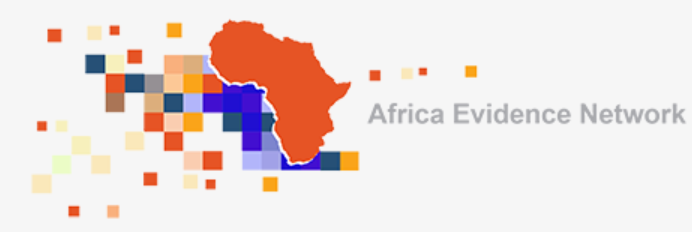
Day 3 at #AEN2014 was all about the network, networks, and the individuals making up networks. It served also as the official closure of the colloquium and an opportunity to reflect on and review three eventful days. Beryl Leach kicked off the day in a joint session with Ruth Stewart. She presented on 3ie’s approach to ensure the evidence commissioned by the organisation features a chance to inform the policy agenda. In an honest talk, she showcased how 3ie as an organisation continues to learn on how to best encourage research uptake and which dead-ends they discovered in the process. An as early as possible engagement with the targeted policy champion, for example, has replaced the mere drafting of conceptual policy plans.
Ruth followed up on this explaining the massive importance of relationships in UJ-BCURE’s work on capacity building in Africa. Investing in relationships and networks, learning from and sharing with partners, as well as building trust are the key components of the programme. This emphasis on relationships and networks proofed to be a key theme throughout the day and resonated in particular well with the Twitterati.
EIDM is about systematic and transparent uptake of evidence. How systematic review as a methods of research synthesis reflect exactly these principles was explored in Phil Davis and Taryn Young’s keynote. Citing a 2005 survey of British policymakers, which found that their main source of evidence is expert opinion, Phil built the case for the application of systematic reviews for policymaking. Taryn then picked up on this explaining the practicalities of conducting and understanding systematic reviews. Delegates expressed a strong taste for systematic reviews and there will be an in-depth training session on reviews later today.
After lunch it was then time for reflections and closure. Laurenz Langer and Shanil Haricharan, in complementary talks attempted to synthesise the key learnings from the colloquium. Laurenz gave an official rapporteur report back highlighting key themes emerging in the talks and debates. Five themes stood out from this: what is evidence?; why is evidence important?; institutionalisation of evidence; the human aspect of evidence; and lastly, networks, collaboration & communication. Shanil elaborated further on these themes adding theoretical depths and placing them into the literature on EIDM. His Evidence Anonymous session will certainly be remembered among conference delegates and served as a worthy closure for the colloquium.
In the aftermath, the AEN annual general meeting took place allowing for rich discussions on the future of the network. Given the wealth of innovation, this will be covered in a separate blog post. Attendees of the subsequent gala dinner will easily understand the author’s compromised state in drafting this post and demand for aspirins is rumored to be considerable this morning at the colloquium venue!